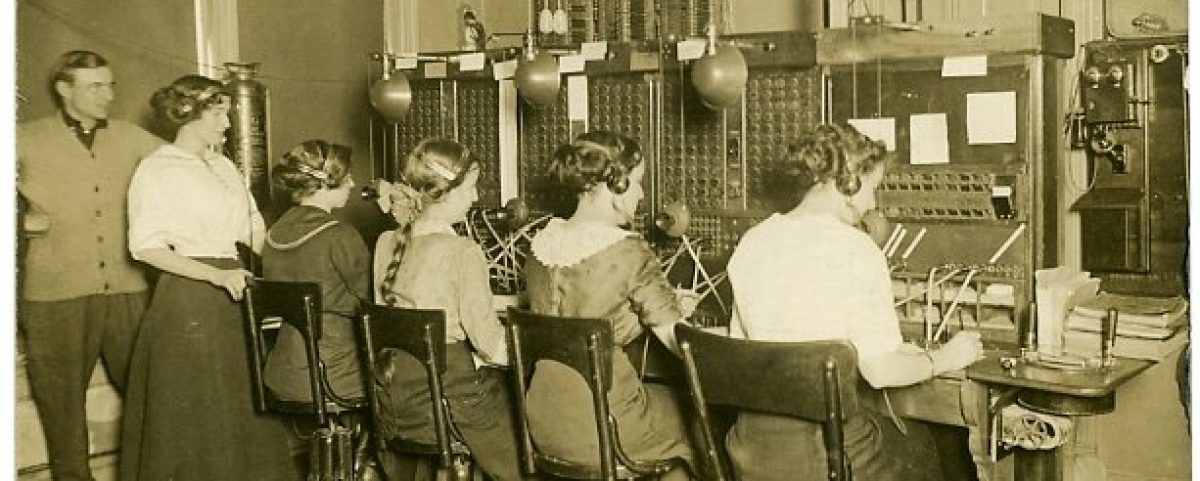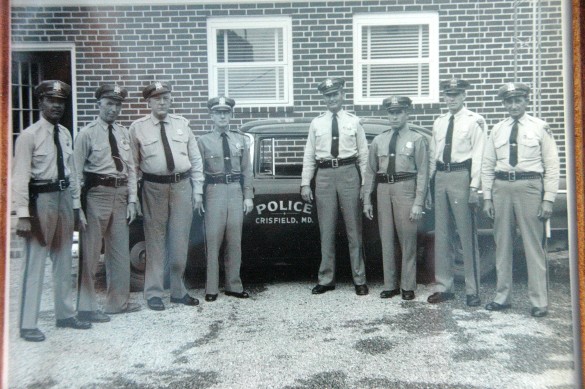At a rapid pace these days, old newspapers are being digitized and made openly available to researchers, and as I work on projects I often find additional collections of these valuable publications. Some are completely digitized and fully text searchable, while on demand PDFs make up others. Either way, as we undergo a revolution in research methods, the study of the past is strengthened as we make more materials readily available on our desktops.
Previously work with these aging newspapers and the technology from another era required lengthy visits to a library or special collections institution, along with hours of eye-straining labor as the microfilm slowly scrolled along on a screen.
The Maryland State Archives has had some PDFs of state newspapers online for a number of years. But this evening I needed access to one of those limited runs, and discovered that the Archives has been busy strengthening its virtual publications resources, placing nearly 100 titles online. The serials are not text searchable, but the renderings are clear and easy to read and are great step forward in making a larger universe of data available to a broader audience. Not all the years are online for the selected serials, but this appears to be a work in progress.
Whatever the case, as it now stands it is a valued tool for genealogist and historians digging into the past in Maryland. Here is the link, so check it out. Thank you Maryland State Archives.
By-the-way, more 21st century resources are in the product development pipeline. DigiStew, the blog of digital systems at the University, discusses a project the University library is working on as part of the National Digital Newspaper Project. Through August 2014, the institution will digitize 100,000 pages of historical newspaper content from the state of Maryland. “The newspapers will be made freely accessible and searchable on the Library of Congress website, Chronicling America. Once optical character recognition has been applied to papers, we greatly expand the efficiency of our research, opening such access to much more data.
Also here is a link to Special Collections at the University, about the launch of project.







